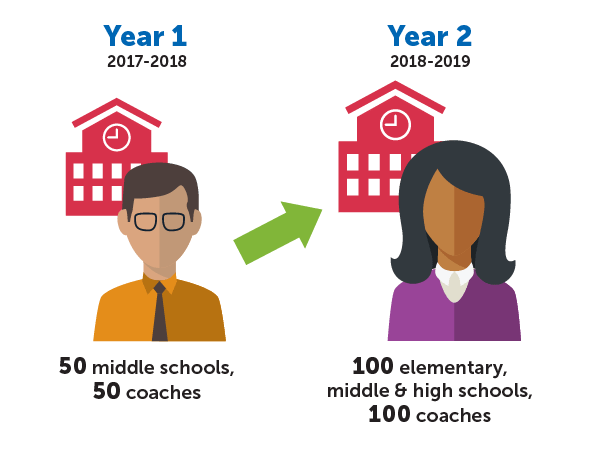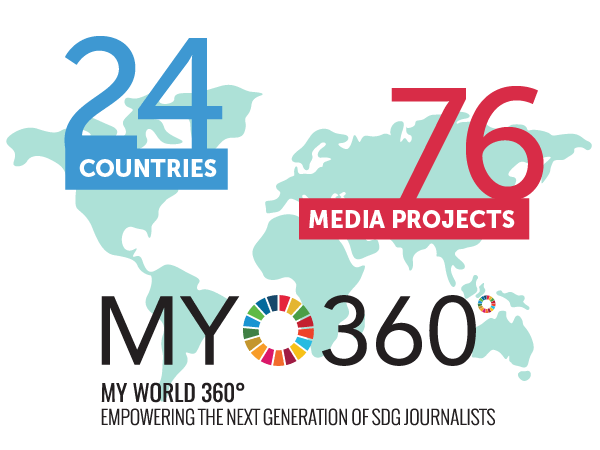

In its second year the Dynamic Learning Project reached 100 schools nationwide, of which 88 were Title 1 schools, with the goal of increasing educational equity and powerful use of technology through digital learning coaching. At the end of the 2018-2019 school year, more than 70 percent of teachers reported feeling more confident in their ability to use technology to engage students in developing key skills, and nearly 60 percent of teachers saw a positive impact on student engagement and learning.
More than 100 new micro-credentials were launched on the Digital Promise Micro-credential Platform in 2019, and more than 2,100 micro-credentials were earned across the country. Micro-credentials provide equitable access and opportunity for educators and adult learners to learn new skills to support their practice and to demonstrate critical skills necessary for career advancement. For example, Bethany Orr, a fourth grade teacher in North Carolina, dug into research on learner variability to better support her students’ unique needs. After earning her learner variability micro-credential on self-regulation, Orr reflected, “I’m not just a math teacher; I’m a teacher of the whole child.”
 My World 360º
My World 360ºDigital Promise, the United Nations Sustainable Development Goals (SDGs) Action Campaign, and Oculus invited emerging creators worldwide to join the MY World 360° campaign to inspire positive action toward the SDGs. Young 360° film creators from 24 countries submitted 76 media projects for consideration for the third MY World 360˚ playlist. Their immersive stories were screened at the 2019 UN General Assembly in New York, with stories focusing on issues of inequality and environmental sustainability. Additionally, seven creators were invited to share their media and join panels at the Assembly to discuss their work and perspectives.
 Tapping Data for Frontline Talent Development
Tapping Data for Frontline Talent Development“Tapping Data for Frontline Talent Development,” an interactive report released in 2019, maps the landscape of the adult learning ecosystem that serves frontline workers. We explored how institutions use worker data to streamline services, improve training, and advance opportunities in industries like healthcare, retail, and manufacturing. We learned that the ecosystem is complex and siloed, and it removes agency from the worker by taking data without returning any value. Recommendations included increasing demand for cross-sector partnerships and data-sharing practices to drive opportunities for frontline workers.